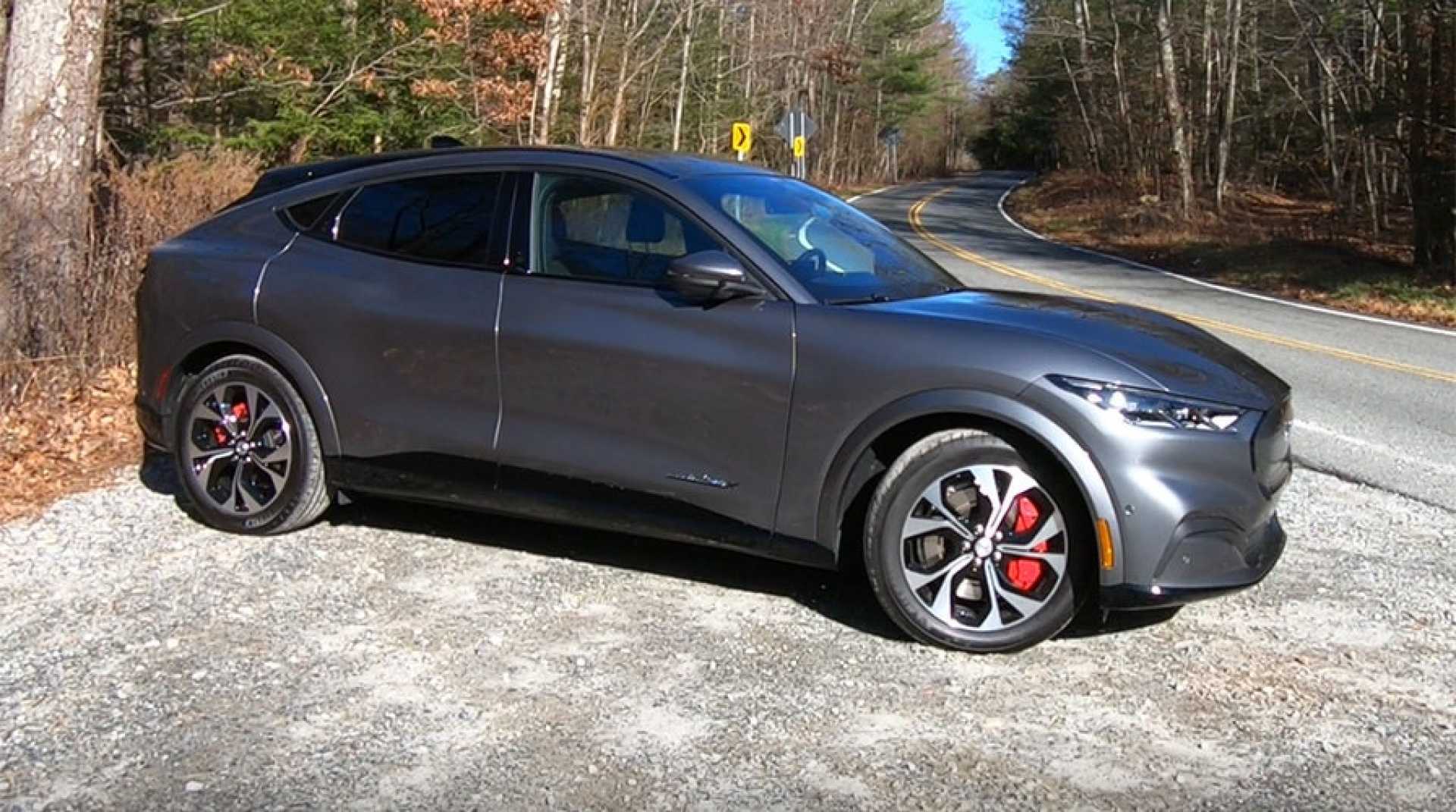Business
Ford Unveils New Plan Amid Struggles in Electric Vehicle Market

LOUISVILLE, Ky. — Ford Motor Company is unveiling a new strategy to revitalize its electric vehicle division, which has faced substantial financial losses. The automaker aims to create more affordable electric cars, beginning with a medium-sized pickup truck set to debut in 2027. Ford’s plans were announced on Monday, following a challenging period marked by sales stagnation and rising production costs.
Since the introduction of the Mustang Mach-E in 2021 and a battery-powered F-150, Ford has struggled to keep pace in the competitive electric vehicle market. Over the past two and a half years, the division has incurred losses totaling $12 billion, including $2.2 billion in just the first half of 2023. Sales of Ford’s electric vehicles dropped by 12% in the same six-month period.
Jim Baumbick, Ford’s vice president of advanced product development, emphasized the need for cost-effective solutions. “To be fully competitive, we felt we needed to start with a clean sheet,” Baumbick stated, indicating a commitment to innovation in manufacturing practices.
Under CEO Jim Farley, who began his role in 2020, Ford is working on reversing the fortunes of its electric vehicle sector. Farley has prioritized efficiency, showcasing improvement in Ford’s European operations and joint ventures in China. However, Ford’s significant expenditures on recalls for gasoline vehicles have further strained its financial health. The internal-combustion division reported profits of $757 million during the first half of 2023, a sharp decline from $2.1 billion during the same period the previous year.
Ford’s approach contrasts with General Motors, which has historically taken a more measured approach to electric vehicle development. GM has reported substantial profits, partially due to its strategies in standardizing battery production. In the second quarter of 2023, GM sold over 46,000 electric vehicles, significantly outpacing Ford.
The newly proposed $3 billion battery plant in Marshall, Michigan, is part of Ford’s effort to enhance its electric vehicle production. The facility will utilize LFP batteries, which are cheaper to produce as they avoid costly nickel and cobalt components. This technology is licensed from Chinese battery manufacturer CATL.
Ford is also transitioning its assembly process for electric pickups. The new method, which modifies the century-old assembly line concept, will involve three separate production lines to streamline assembly time by an estimated 15% at its Kentucky plant.
As Ford shifts focus from gasoline-powered vehicles, the company plans to cease production of the Ford Escape SUV, a popular model since its introduction in 2000. With these changes, Ford aims to carve out a more competitive position within the evolving electric vehicle sector.












